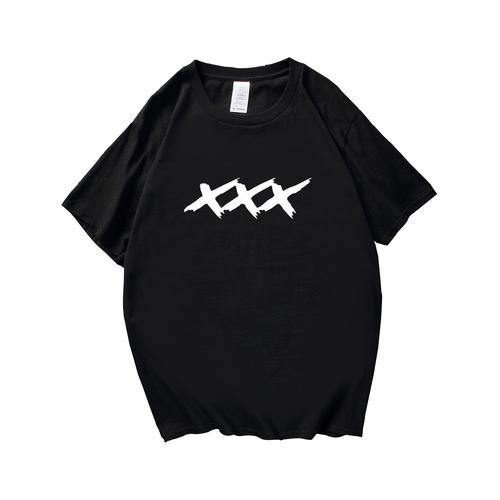Mastering the application skills of clothing accessories is very important for both making and repairing clothing. The following are some common clothing accessories and their selection guide:
1. Zipper (zipper):
– Choose the appropriate length: Choose a zipper of appropriate length based on the design and thickness of the garment. Generally speaking, tops usually use 18-24cm zippers, while skirts or trousers may require longer zippers.
– Material and color: Choose the corresponding zipper material and color according to the fabric and tone of the clothing. Common zipper materials include nylon, plastic, and metal, and the color can match or contrast with the clothing.
– Installation skills: When installing the zipper, you need to pay attention to its fixed sewing and ensure that the zipper can open and close smoothly after installation.
2. Buttons:
– Material and style: Buttons are made of many types of materials, such as plastic, wood, metal, etc. Choosing the right button material depends on the style and purpose of the garment. In addition, different styles of buttons should be selected according to the design of the clothing, such as button shape, shape and texture.
– Sewing position and quantity: Choose the appropriate sewing position and quantity according to the style and needs of the garment. For dresses or shirts, it is common to sew buttons on the front, cuffs, and pockets.
– Sewing method: Buttons are generally sewn using flat stitching to ensure that the buttons are firm and not easy to loosen.
3. Interlining (lining):
– Choose the appropriate material and thickness: Choose the appropriate interlining according to the needs of the garment Material and thickness. Generally speaking, the interlining should be slightly lighter than the fabric to prevent the garment from being too heavy. The most commonly used interlining materials include cotton, polyester and silk.
– Production method: Interlining is required according to the parts of the garment, such as collar, cuffs, inner placket, etc. When sewing, sew the interlining with the fabric so that it works as a single piece.
The above is a brief guide to the selection of clothing accessories, but the actual selection needs to be comprehensively considered based on the material, style, function and other factors of the specific clothing.






